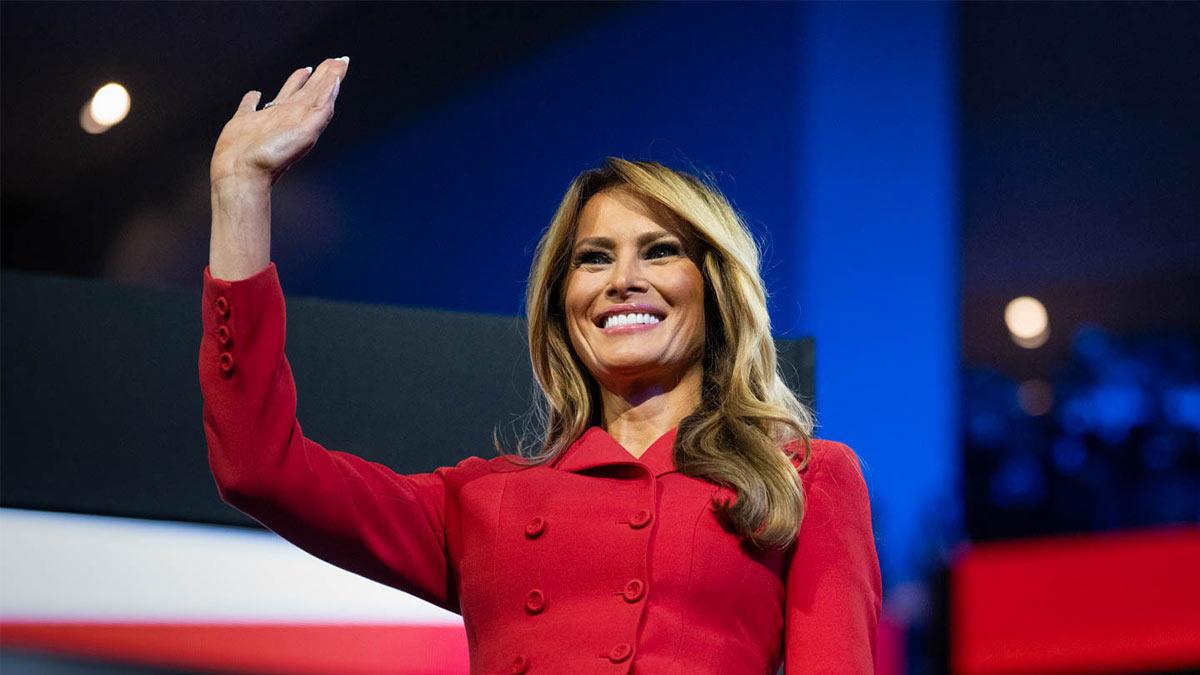On Monday, President Donald Trump and First Lady Melania Trump welcomed a ceremony to sign the Take It Down Act, a bill that first lady Melania Trump was instrumental in pushing through Congress.
The legislation will enhance penalties for posting intimate images online without consent, otherwise referred to as "revenge porn."
Last March, Melania appeared in public for the first time since her return to being the first lady when she went to Capitol Hill to press the case for the passage of the bill after it had passed the Senate.
White House press secretary Karoline Leavitt informed journalists on Monday that the first lady played "an instrumental role in having this key legislation enacted.
The law also criminalizes the "publishing knowingly" or threatening to publish intimate photographs in violation of an individual's consent, and the definition now covers AI-produced "deepfakes." Internet services such as websites and social media platforms will be obligated to delete the content within 48 hours from a request by the victim and must also delete duplicate copies.
Although a number of states have passed bans on sharing sexually explicit deepfakes or revenge porn, the Take It Down Act is a unique federal rule targeting online platforms. The legislation, sponsored by Senators Ted Cruz (R-Texas) and Amy Klobuchar (D-Minn.), had broad bipartisan support, passing the House in April 409-2 and getting unanimous consent from the Senate.
But the bill has its critics. Digital rights and free speech defenders say that the wide reach of the bill threatens censorship of pornography and legitimate images, such as LGBTQ content and lawful pornography. Fears have been expressed that the government could also snoop on private communications and undermine due process safeguards.
During a roundtable on Capitol Hill, the first lady sat down with lawmakers and young women whose intimate photographs had been circulated on social media against their will. She called the experience "heartbreaking," particularly for girls and teenagers who go through such abuses. Melania also invited one of the victims of these abuses to the president's speech to a joint session of Congress the next day. After the House passed the bill, she commended the bipartisan vote as a "powerful statement that we stand united in protecting the dignity, privacy and safety of our children.
Her work on this bill is consistent with her continued Be Best campaign, which she introduced during the president's first term and focuses on children's well-being, healthy social media usage, and fighting opioid addiction.
President Trump referred to the online posting of such pictures as "just terrible" in his March address to Congress and was looking forward to signing the measure into law.
"And I'm going to use that bill for me, too, if you don't mind," he said. "There's nobody who gets treated worse than me online. Nobody."


















